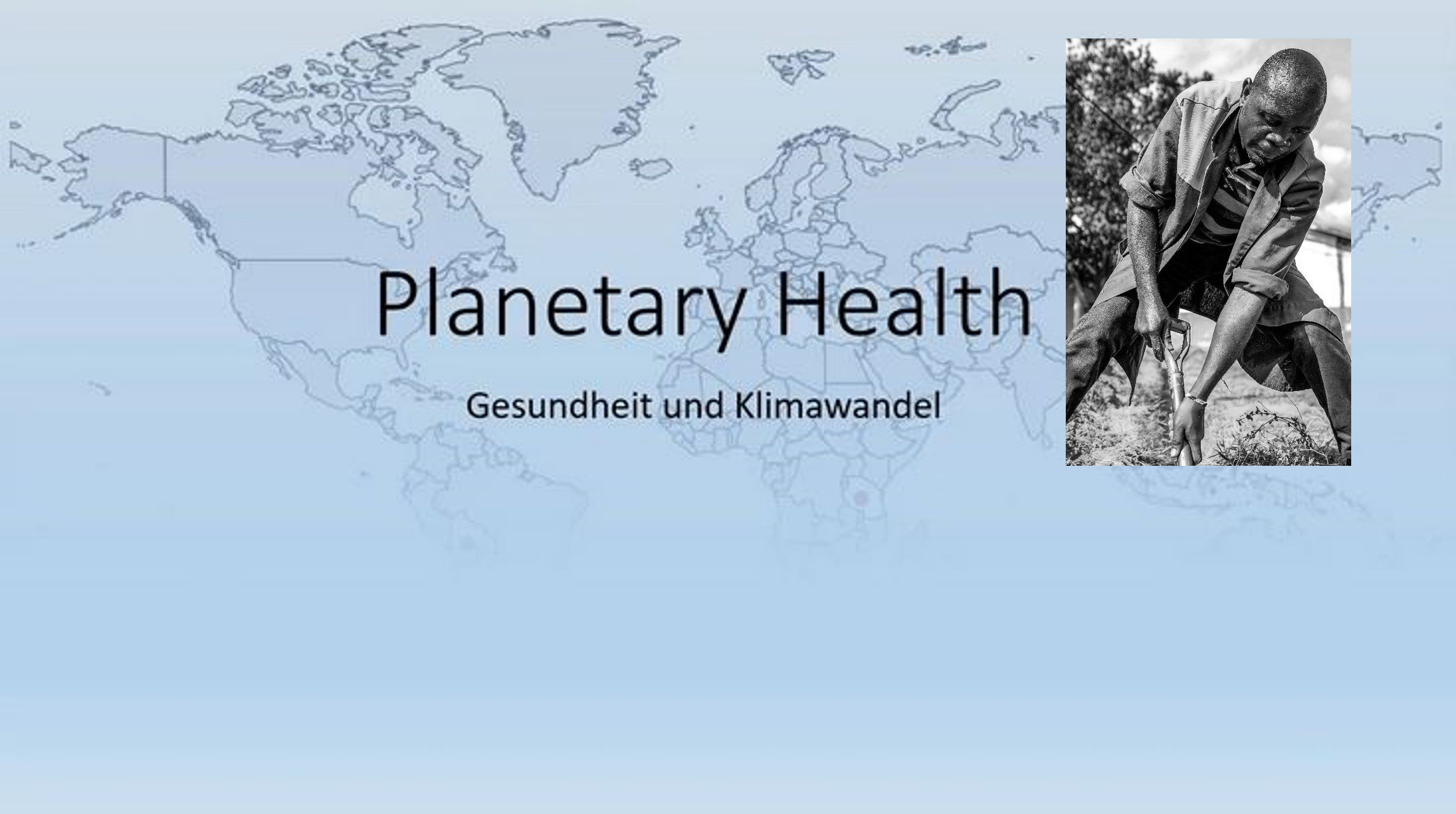At night, the windows are thrown open and you turn from one side to the other for hours: It's simply too hot to sleep. For us, for our children and especially for older people. We often start the next Tag tired and exhausted. It doesn't get any better during the day: the high temperatures rob us of our concentration and for many, the midday hours are a great physical strain.
Words like tropical nights and hot days are all over the media. But what exactly are tropical nights and heat days? In meteorology, we speak of a tropical night when it does not get colder than 20° C between 6 pm and 6 am. By definition, a heat day is Tag a day on which temperatures exceed 30° C.
Heat records have been set in many places in Europe in recent weeks. Temperatures of up to over 40° C over several days were recorded in countries such as Spain and Portugal, for example, where one of the worst heatwaves in over 70 years prevailed in July. The extremely high temperatures led to major forest fires in many places - including here in Germany. In many developing countries, extreme heat and drought lead to crop failures.
The heat also has a massive impact on our bodies. It has a negative effect on many organs: The brain, lungs, heart and kidneys are put under much greater strain than under 'normal' temperatures. Hospital admissions are more frequent during heatwaves and there are excess mortality rates due to heat stress or heat stroke. At-risk groups such as the sick, the elderly, young children and pregnant women are particularly affected. Up to 30 heat waves per year are predicted in southern Germany by the end of this century. An additional 30,000 heat-related deaths are expected in Europe by 2030.
Many developing countries are also suffering from the rising heat. Although the human body is often adapted to higher temperatures in these regions, more deaths are also recorded here during major heatwaves. The risk of interpersonal and collective violence also increases.
It can be assumed that such situations will increase in the future. A significant increase in both hot days and tropical nights has already been observed worldwide in recent years.
In order to counteract the serious consequences, it is necessary to prepare for extreme heat. There is potential here in the medical sector in particular: experts see major deficits, for example, in the equipment of hospitals and the lack of specialist staff to care for increased patient numbers. It is also necessary to educate clinical staff about possible adjustments to the administration of medication.
These new challenges affect both our clinics in Germany and our partners in the project countries. Together, we will try to master this task as well,



